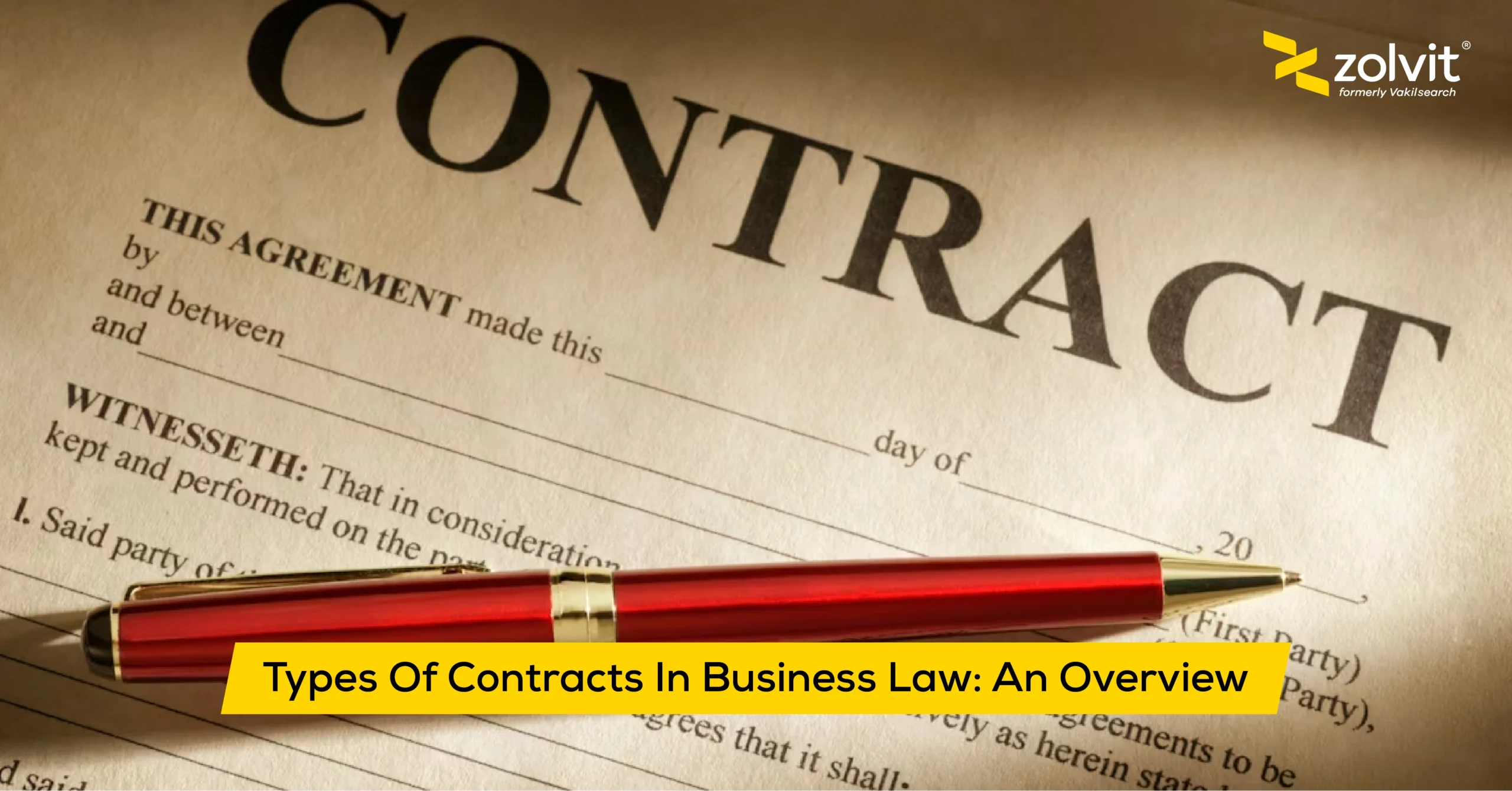Regulations and rules dictate several things in legal processes to ensure compliance and safeguard the rights of both parties. Familiarity with such rules is essential for efficient management of legal affairs and evading possible problems. Below is a list of the same:
The Registration Act, 1908
The Registration Act, 1908, regulates the process of property document registration to maintain legal ownership and avoid fraud. It requires registration of certain documents pertaining to immovable property transactions.
The Transfer of Property Act, 1882
The Act regulates the transfer of immovable property among individuals and parties. It identifies different modes of property transfer, including sale, mortgage, lease, exchange, and gift, to ensure legal validity.
The Indian Stamp Act, 1899
The Indian Stamp Act, 1899, mandates stamp duty on property deals, rendering documents legally enforceable. Due stamping is necessary to authenticate agreements and avoid litigation in real estate ownership and transfers.
The Real Estate (Regulation and Development) Act, 2016 (RERA)
RERA introduces transparency and accountability in real estate dealings. It requires the registration of real estate projects and brokers and safeguards buyers against fraud and project delays by builders. It makes developers legally binding to complete projects on time.
The Indian Contract Act, 1872
The law addresses property agreements and contractual undertakings. The law ensures that lease agreements, sale deeds, and other property contracts are enforceable and binding under law.
The Specific Relief Act, 1963
The law prescribes legal remedies for breach of contract in property transactions. Specific performance can be ordered by courts, forcing parties to comply with contractual obligations in property transfers and sales.
The Land Acquisition Act, 2013
This Act controls the acquisition of land by the government for public purposes. It provides reasonable compensation, rehabilitation, and resettlement for compulsorily affected landowners.
The Indian Succession Act, 1925
The Indian Succession Act controls property succession and distribution for intestate individuals. It lays down rules of intestate succession and testamentary succession for just property distribution.
The Hindu Succession Act, 1956
This Act regulates Hindus' rights of inheritance, providing legal sharing of property among successors. It extends daughters the same rights as sons in ancestral property, upholding gender equity in property rights.
The Muslim Personal Law (Shariat) Application Act, 1937
This Act extends Sharia law rules to Muslims' property inheritance. It prescribes inheritance regulations, providing heirs with their fair shares according to Islamic legal provisions.







